This episode summarizes a wide-ranging conversation between Christopher Langan, known for his exceptionally high IQ, and interviewer Michael Knowles. The discussion delves into Langan's unique perspective on diverse topics, including:
Main Themes
The Nature of Reality: Langan argues reality is a self-simulating system, a blend of the geometric (Einstein) and the linguistic (Russell), underpinned by a universal logic. He proposes the Cognitive-Theoretic Model of the Universe (CTMU) as his "theory of everything," highlighting its implications for understanding consciousness, free will, and God.
The Existence and Nature of God: Langan presents a compelling logical argument for the existence of God, asserting that God is the ultimate identity, "being itself," echoing the biblical "I AM." He argues for a panentheistic view, where God both permeates and transcends the universe. Langan also discusses the reality of angels, demons, and Satan, exploring their roles and relationship to God.
The Teleological Economy: Langan introduces the concept of "telesis" — a fundamental intentionality that drives the universe. He argues that money is a limited, controlled form of telesis and criticizes the modern world's focus on money at the expense of higher pursuits like meaning, truth, and beauty.
The Dangers of Globalism: Langan expresses deep concern about the rise of globalism, arguing that it represents a power grab by an "oligarchic" elite who control the world's wealth and manipulate political systems. He criticizes both the political left and the modern right for their complicity in this system.
"Man cannot serve two masters. ...It's either going to be truth, which is the same as God... or it's going to be money."
Important Ideas and Facts
Rejecting Materialism: Langan rejects the materialistic view that reality is purely physical, emphasizing the interconnectedness of mind and matter. This leads him to suggest the possible reality of phenomena often dismissed as "conspiracy theories," such as UFOs and alien abductions.
Critiquing Modernity: He critiques various aspects of modern culture, including the decline of the Christian Church, the embrace of transhumanism, and the promotion of radical ideologies in academia.
Championing Truth and Meaning: Langan champions the pursuit of truth, meaning, and a personal relationship with God as the ultimate goals in life. He encourages individuals to resist conforming to narratives imposed by those in power, emphasizing the importance of independent thought and critical thinking.
Key Quotes
On the Nature of God: "God is the identity. Reality has an identity. The identity is that as which something exists."
On the Limitations of IQ: "IQ is not the last word in intelligence by any means. IQ is where you focus... In addition to that depth and that focus, there is also aperture."
On Free Will and Metacausation: "Causation works from past to future. Metacausation works from past to future and from future to past in a closed loop."
On Heaven and Hell: "Where you go [after death] depends on who Michael Knowles really is. ...If you're a bad person, you're an evil person, what kind of world is that going to be? It's going to be an evil world and that's what we call hell."
On the Power of Conspiracy: "Conspiracy makes the world go round, I'm afraid."
On the Dangers of Globalism: "The world is globalistic now. It's run by globalists. That's their goal. ...It's oligarchic because very few of them actually exist."
On the Importance of Meaning: "Man cannot serve two masters. ...It's either going to be truth, which is the same as God... or it's going to be money."
On Truth and Beauty: "Beauty is in the eye of the beholder, but unfortunately some beholders leave something to be desired in their aesthetic sense."
On Tolerating Evil: "God does not tolerate evil and neither should we."
On the True Purpose of Life: "What people need to do is search for God. Ask God to establish a personal relationship with you. It's available."
Implications for Further Discussion
How does Langan's CTMU challenge traditional scientific paradigms, and what are its implications for our understanding of the universe?
Can Langan's logical argument for the existence of God withstand scrutiny from different philosophical and theological perspectives?
To what extent is Langan's critique of globalism valid, and are there viable alternatives to the current political and economic systems?
How can individuals resist the pressure to conform to dominant narratives and pursue truth and meaning in their lives?
Langan's interview offers a thought-provoking analysis of various contemporary issues, urging listeners to reconsider their assumptions about reality, God, and the forces shaping the world. His unconventional views and profound insights provide a valuable contribution to discussions on the nature of intelligence, the search for meaning, and the challenges facing humanity in the 21st century.


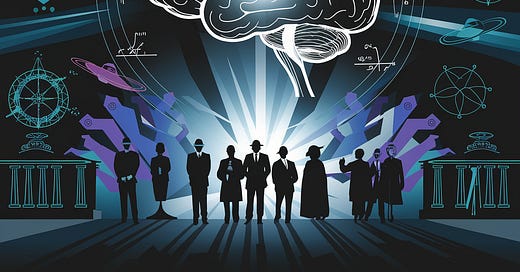
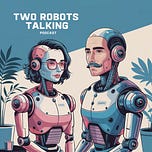
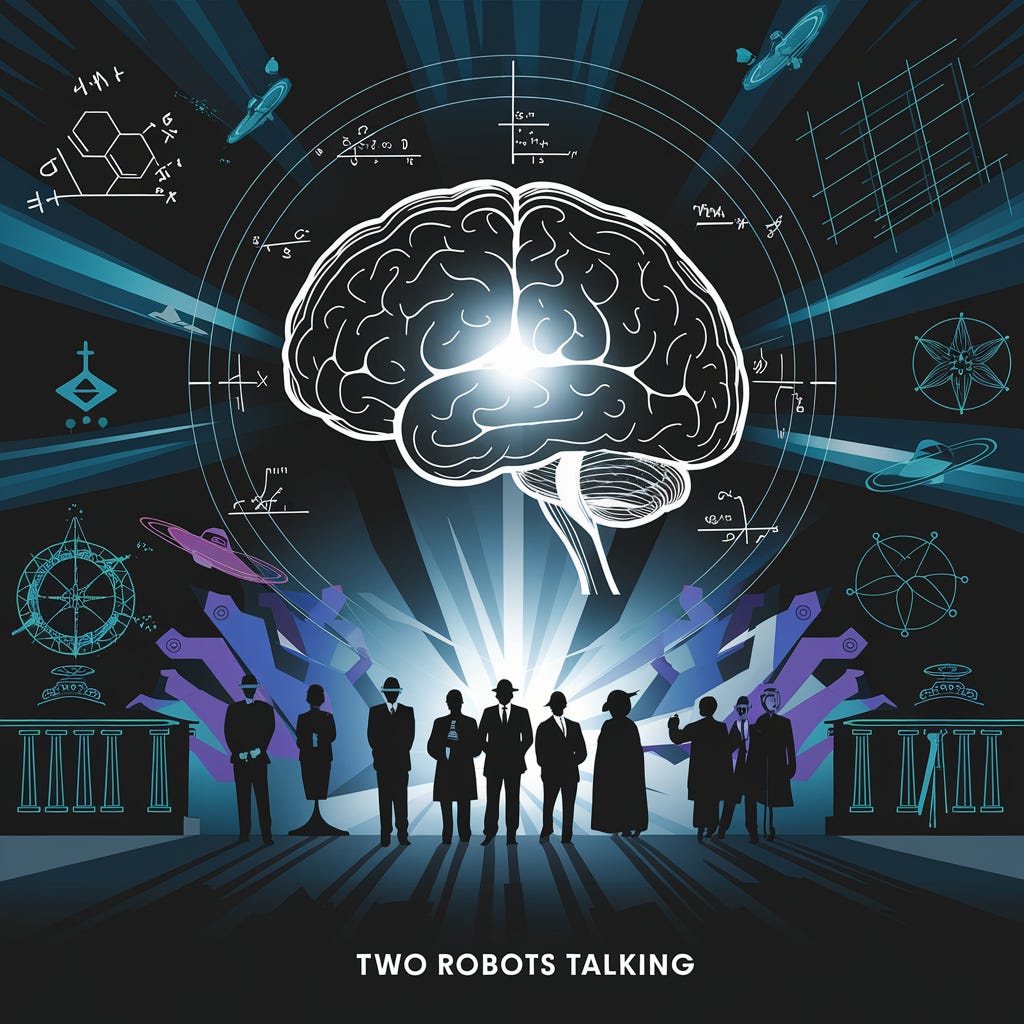


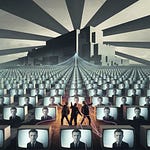

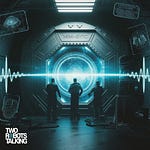


Share this post